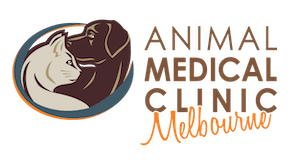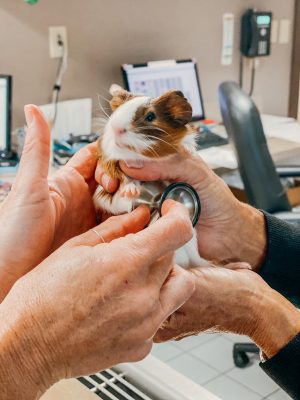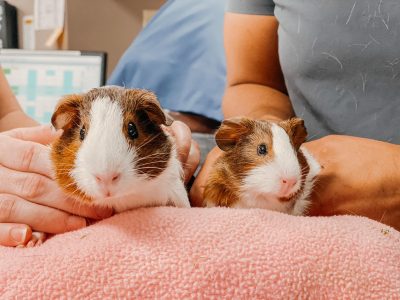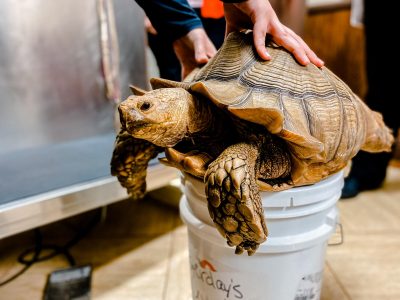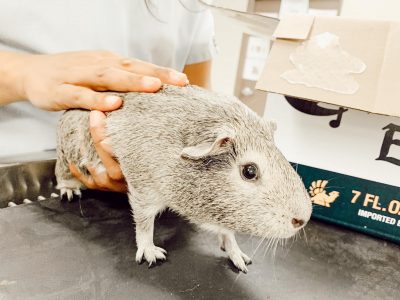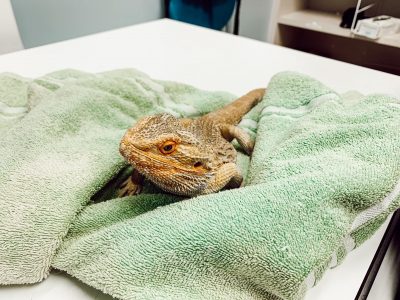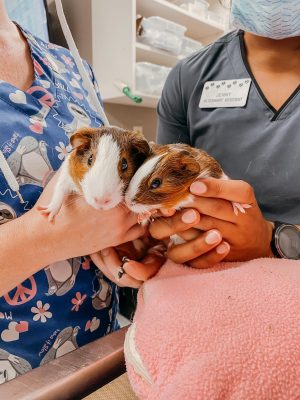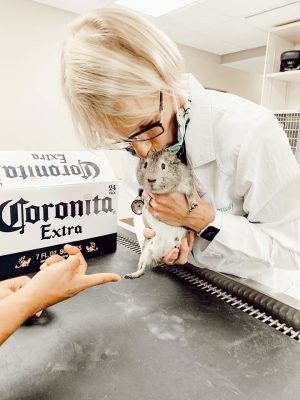Other Pets
At Animal Medical Clinic, we know that there are a lot of animals to complete your family — keeping them happy is your objective, keeping them healthy is ours.
Ferrets, Bunnies, and Rodents…oh my!
 Make an appointment with us for a routine checkup at least once a year. This is for the purpose of general preventive care, but also allows your veterinarian to familiarize himself with your pet so he can more easily identify when your ferret is unhealthy. Annual exams should include weighing your pet; checking eyes, ears, and teeth; listening to the heart and lungs, and examining your pet for any internal or external lumps or abnormalities. You should also discuss any questions regarding behavior, diet, parasite control, or other issues with your veterinarian at this time.
Make an appointment with us for a routine checkup at least once a year. This is for the purpose of general preventive care, but also allows your veterinarian to familiarize himself with your pet so he can more easily identify when your ferret is unhealthy. Annual exams should include weighing your pet; checking eyes, ears, and teeth; listening to the heart and lungs, and examining your pet for any internal or external lumps or abnormalities. You should also discuss any questions regarding behavior, diet, parasite control, or other issues with your veterinarian at this time.
Ferrets need to be vaccinated yearly against rabies and canine distemper.
When flu season strikes, it’s important to remember that ferrets are susceptible to influenza. They can catch the flu from you or others who are sick. If your ferret starts showing signs such as thick, clear discharge from the nose and ears, sneezing, fever, eye swelling or tiredness, please contact our office right away.
We can provide you with information on the care and feeding of your newest furry friend and many of our doctors specialize in small animals in the “other” category — we have many available resources to make sure that the newest addition to your family stays happy and healthy.
We also treat birds and reptiles!
Your exotic pet needs a trained vet!
Reptiles
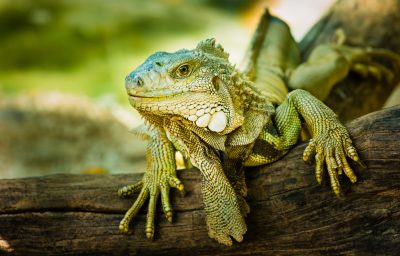 The most common issues we address with reptile care occur as a result of improper handling, food, housing, sanitation, temperature, humidity, and lighting. Parasites and infections are common. To prevent these concerns, we recommend:
The most common issues we address with reptile care occur as a result of improper handling, food, housing, sanitation, temperature, humidity, and lighting. Parasites and infections are common. To prevent these concerns, we recommend:
- Complete physical examination every 6-12 months
- Yearly fecal examination for parasites
Birds
Surprisingly similar to cats in their ability to hide disease and illness, birds often don’t appear sick until the disease is quite advanced. The best defense against this is to maintain regular visits to our exotic pet specialists. Our recommendations for avian veterinary care include:
- Complete physical examination every 6-12 months
- Yearly fecal examination for parasites, yeast, and abnormal bacteria
- Routine blood testing
- Vaccination for Avian Polyomavirus in birds that are especially susceptible
- Wing, nail, and/or beak trimming in select cases
Exotic Pet Emergency Situations
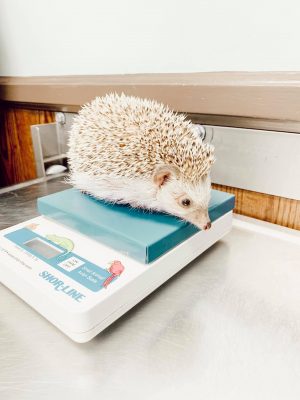 If any of the following symptoms occur, call us immediately at (321) 486-6423
If any of the following symptoms occur, call us immediately at (321) 486-6423
- Bleeding/Trauma/Open Wounds
- Frantic Movements/Seizures/Tremors
- Decreased Appetite
- Decreased Stool Production/Diarrhea
- Open Mouth Breathing/Nasal Discharge
- Increased Respiratory Rate
- Noticeable Lethargy/Depression
- Toxin Exposure of any kind
- Fluffed/Sitting at the bottom of the cage
- Straining for Urination or Defecation
Below is the list of species each location cares for:
Melbourne:
- Dogs
- Cats
- Ferrets
- Bunnies
- Rodents
- Reptiles - Snakes, Bearded Dragons, Iguana
- Birds
- Exotic Pets ((chinchilla, hedgehogs. hamsters, sugar gliders, gerbils)
- Tortoise
- Turtles
Melbourne Beach:
- Dogs
- Cats
- Ferrets
- Bunnies
- Rodents
- Reptiles - Snakes, Bearded Dragons, Iguana
- Birds
- Exotic Pets ((chinchilla, hedgehogs. hamsters, sugar gliders, gerbils)
Indialantic:
- Dogs
- Cats
